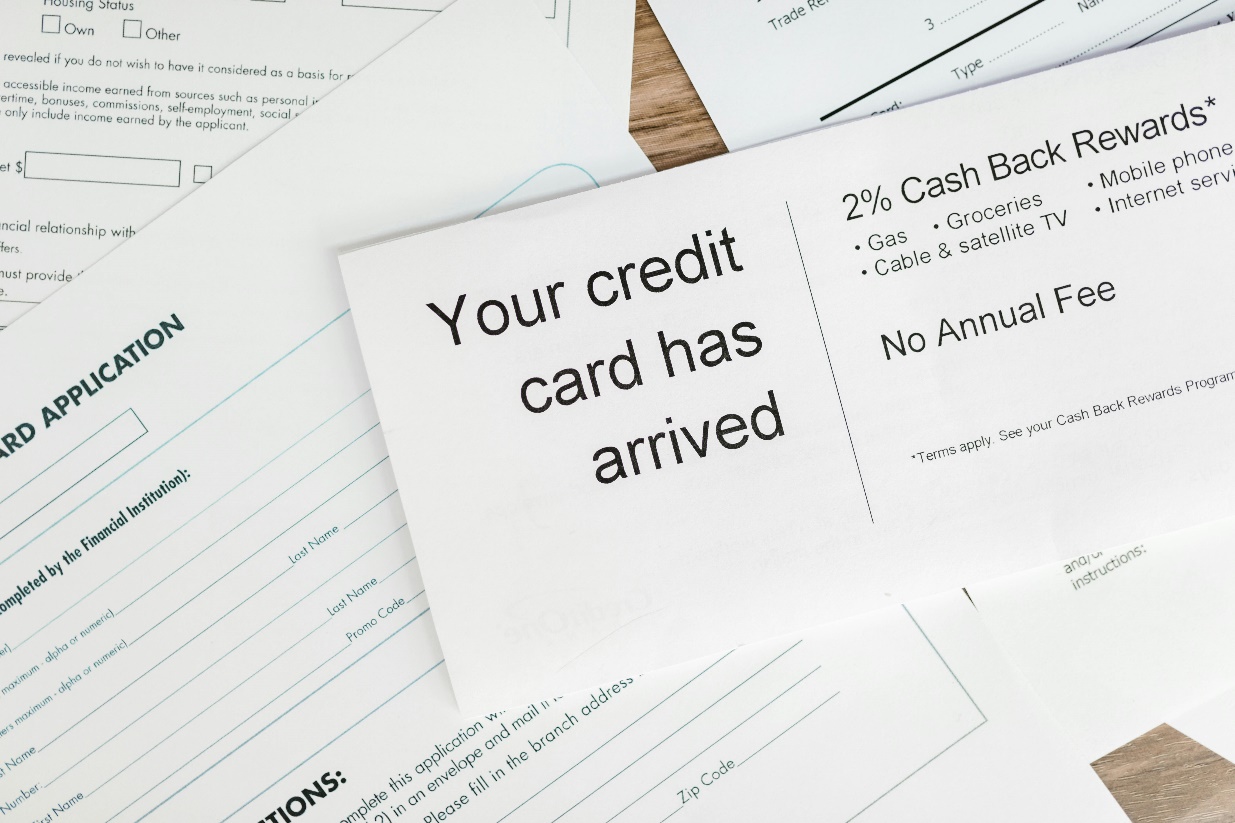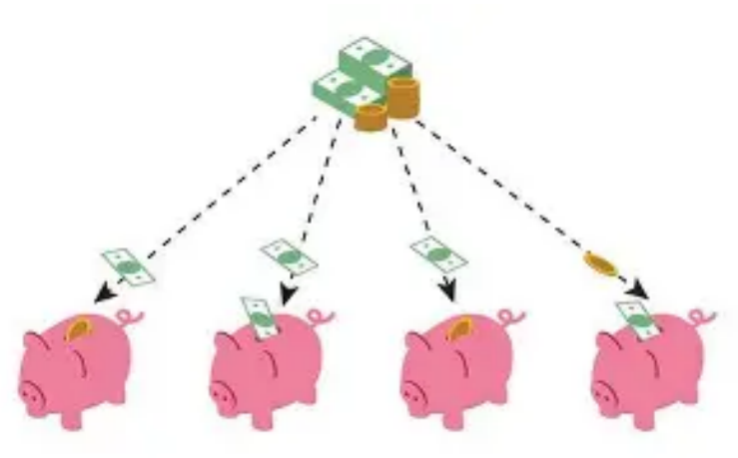Financial stability at any point in life depends on your ability to comprehend and responsibly manage your credit. Developing strong credit and making prudent debt management decisions may lead to more possibilities, regardless of where you are in your financial path. With the help of wise choices, you may master credit with the aid of this article.

What is Credit and Why is it Important?
Credit is just your financial trustworthiness as assessed by lenders. It is represented in your credit score, which is a numerical overview of your credit history. Good credit is important since it influences your capacity to borrow money for large purchases like a home or a car, as well as insurance rates and rental applications. A good credit score may save you hundreds of dollars in interest throughout your life.
Steps to Building Good Credit
Building excellent credit requires patience and careful financial practices. Here are several important steps:
1. Pay Bills on Time: The primary determinant of your credit score is your payment history. There might be serious consequences from even one late payment. To guarantee that all invoices are paid on time, set up automated payments or reminders.
2. Keep Credit Utilization Low: The ratio of your credit card debt to your credit limit is known as credit usage. Try not to let this ratio go beyond 30%. For instance, if your credit limit is 10,000, try not to owe more than 10,000 at any one moment. Instead, strive not to owe more than 3,000.
3. Diversify Credit Types: A variety of credit kinds, including mortgages, auto loans, and credit cards, can help raise your credit score. However, only take on debt that you can manage properly.
4. Limit New Credit Applications: Every new application may cause your score to drop momentarily. In order to prevent needless queries, only apply for credit when required.

Tips for Managing Debt Wisely
Effective debt management is essential to prevent increasing debt from jeopardizing your financial stability. Here's how to properly handle your debt:
1. Create a Budget: Begin by understanding all of your revenue and spending. A budget will help you find areas where you can decrease spending and put more money towards debt reduction.
2. Prioritize Debts: Prioritize paying off debts with high interest rates, such credit card accounts.
3. Negotiate Lower Interest Rates: Speak with your lenders to work out better terms. If the interest rate is lowered, it might also lower your monthly payment and the total amount repaid on the loan over time.
4. Consider Debt Consolidation: If you have several debts, you may make your finances easier by combining them into a single loan with a reduced interest rate and only one monthly payment.
Understanding the Impact of Your Credit Decisions
All of your financial decisions have an effect on your credit score and your financial well-being. Make sure your credit report is accurate by checking it on a regular basis. The major credit bureaus send you a free report every year. Keep an eye on your credit to prevent identity theft and to better understand your financial situation.
Building Financial Resilience
Developing financial resilience goes beyond handling credit and debt; it also involves making plans for unforeseen events. Establish an emergency fund large enough to pay for three to six months' worth of living costs. This safety net can stop debt buildup in the event of unanticipated circumstances, such job loss or medical difficulties.

Conclusion: Empowering Your Financial Future
Gaining control over credit and debt management are crucial abilities that will enable you to take charge of your financial destiny. Through the development of sound credit practices, responsible debt management, and emergency preparedness, you may improve your financial security and unlock doors to opportunities you previously may have believed unattainable. Recall that managing your debt sensibly and enhancing your credit are ongoing processes that will pay off in the form of financial independence and mental tranquility.




